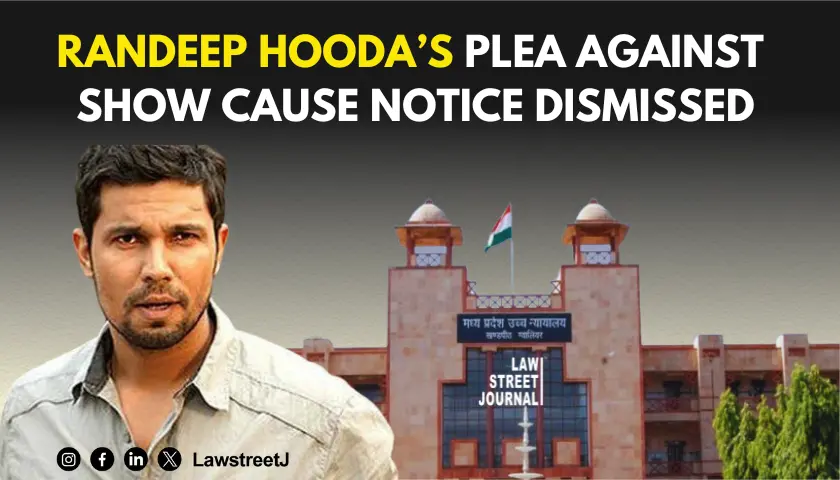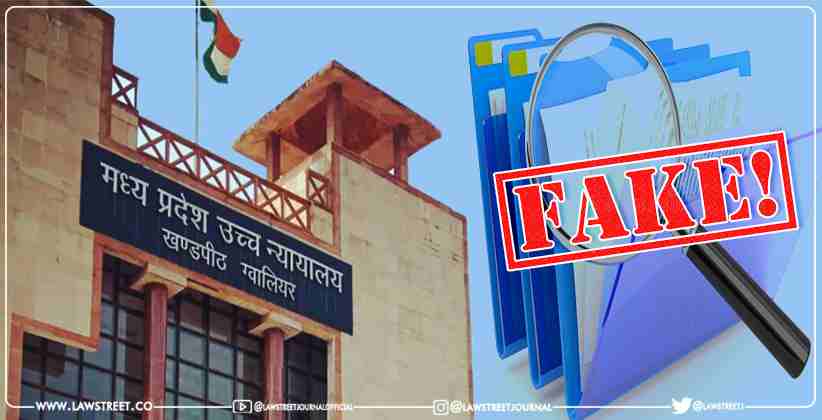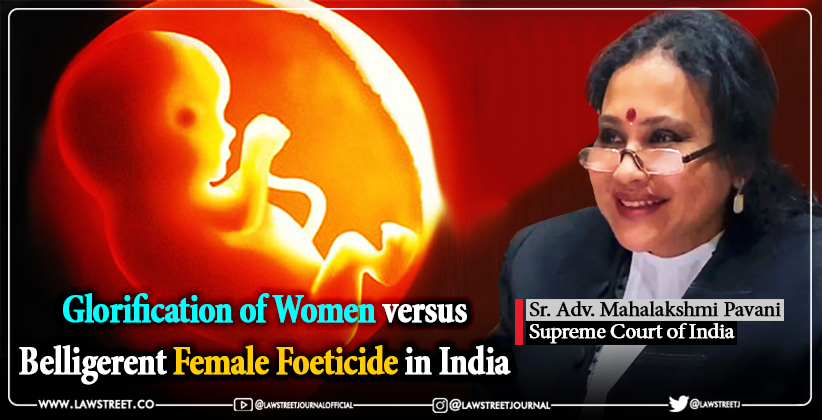Madhya Pradesh: The Madhya Pradesh High Court has delivered a significant order disposing of a writ petition filed by actor Randeep Hooda, who challenged a show cause notice issued by local authorities regarding alleged unauthorized construction.
In an order passed on July 18, 2024, Justice Gurpal Singh Ahluwalia dismissed the petition but issued several guidelines for the authorities to follow in the matter.
The court noted that the petitioner, Randeep Hooda, had challenged a notice dated June 18, 2024, issued by the Sub-Divisional Officer (Revenue) of Baihar, District Balaghat. The notice directed Hooda to stop construction work allegedly being carried out without necessary permissions in a core/buffer zone and required him to appear before the concerned officer with relevant documents.
Further, the court observed that Hooda’s counsel argued that the actor had not undertaken any construction and that the proceedings were initiated to gain “cheap popularity” due to his celebrity status. The counsel also contended that the copy of the enquiry report, based on which the notice was issued, had not been provided to Hooda.
The court held that “It is clear that a Writ Petition against a show cause notice is not maintainable.” The court further observed that the direction to stop construction in the notice cannot be considered a final order, as it is based on a preliminary report and provides an opportunity for the petitioner to present his case.
Expressing its view on the balance between individual rights and administrative procedures, the court stated, “Since the present status of the show cause notice is not clear, it is observed that if a final order has already been passed, the aforesaid observations shall also apply to the Appellate Authority. If necessary applications are made before the Appellate Authority, the Appellate Authority shall pass necessary orders to resolve the factual dispute without further controversy.”
Referring to the Supreme Court judgment in the case of Union of India and another Vs. Kunisetty Satyanarayana, the court held that ordinarily no writ lies against a charge sheet or show cause notice.
The court also issued several guidelines for the authorities to follow. These include providing the enquiry report to the petitioner within three days if requested, conducting a spot inspection in the petitioner’s presence if requested, setting a fixed date for the spot inspection by the SDO (Revenue), allowing the petitioner to file objections to the spot inspection within three days, and deciding on the show cause notice within 15 days of the spot inspection report being filed, after hearing the petitioner.
In conclusion, while dismissing the writ petition, the court clarified that it had not considered the merits of the allegations in the show cause notice or the defense raised by the petitioner. It also noted that if a final order has already been passed, the observations made in this order would also apply to the appellate authority.





![High Court Prohibits Compulsion of Hijab and Islamic Texts on Students of Different Faiths at Ganga Jamuna School [Watch Video]](/secure/uploads/2023/09/lj_5754_f71da9b5-c632-4d0b-94b8-6f36245eb157.jpg)
.jpeg)






